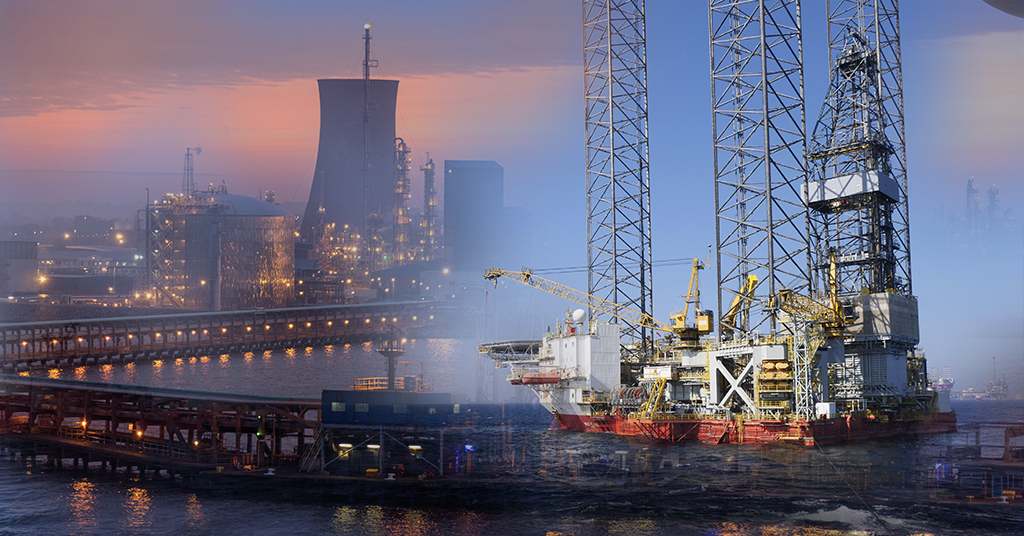Welcome To ChemAnalyst

Russia has implemented a reduction in gasoline exports to non-Commonwealth of Independent States (CIS) countries to counterbalance the impact of unplanned refinery repairs. In response to unforeseen challenges stemming from fires and drone attacks on Russia's energy infrastructure, the Ministry of Energy has strategically reduced gasoline exports to non-Commonwealth of Independent States (CIS) countries. This decision aims to offset the impact of unplanned refinery repairs and disruptions in the nation's energy supply chains. Notably, the ministry reported substantial declines in gasoline and diesel exports for January, with reductions of 37% and 23%, respectively, compared to the same month in the previous year.
The ongoing conflict between Russia and Ukraine has intensified, with both nations targeting each other's energy infrastructure in strikes designed to disrupt supply lines, logistics, and demoralize their opponent. Despite nearly two years passing since the conflict began, there are no signs of resolution. As part of a voluntary effort to support global energy markets, Russia is undertaking a reduction in oil and fuel exports by 500,000 barrels per day during the first quarter. This move aligns with the Organization of the Petroleum Exporting Countries and allies (OPEC+).
It's crucial to note that the export cuts announced by the energy ministry are distinct from the OPEC+ agreement and are primarily driven by downstream capacity outages. A notable incident includes the technical issues leading to the suspension of a unit at NORSI, Russia's fourth-largest refinery situated near Nizhny Novgorod. Operated by Lukoil, the refinery is grappling with disruptions, and Deputy Prime Minister Alexander Novak indicated that repair work might take one to one and a half months.
Adding to the complexities, a fire, reportedly initiated by a drone attack according to Ukrainian media, compelled Novatek to halt operations at the Ust-luga fuel export terminal in the Baltic Sea. This incident also impacted processes at a nearby fuel-producing complex. In response, Russia is anticipated to reduce exports of naphtha by approximately a third of its total, amounting to around 127,500-136,000 barrels per day.
To counterbalance the challenges posed by these incidents, major Russian oil companies have proactively increased gasoline production. This has resulted in a noteworthy 7% rise in gasoline supplies to the domestic market during the initial 25 days of January. Diesel supplies have also experienced a substantial increase, surging almost 17% year-on-year, reaching a total of 490,000 tons.
Emphasizing efforts to maintain stability in the domestic market, the Ministry of Energy highlighted the country's commitment to increasing inventories. Gasoline and diesel fuel inventories now stand at 1.9 million tons and 3.9 million tons, respectively, marking a 16% and 7% increase from January 2023. These measures are implemented to ensure a steady and secure supply of essential fuels, underscoring Russia's determination to navigate the current challenges faced by its energy sector.
We use cookies to deliver the best possible experience on our website. To learn more, visit our Privacy Policy. By continuing to use this site or by closing this box, you consent to our use of cookies. More info.
